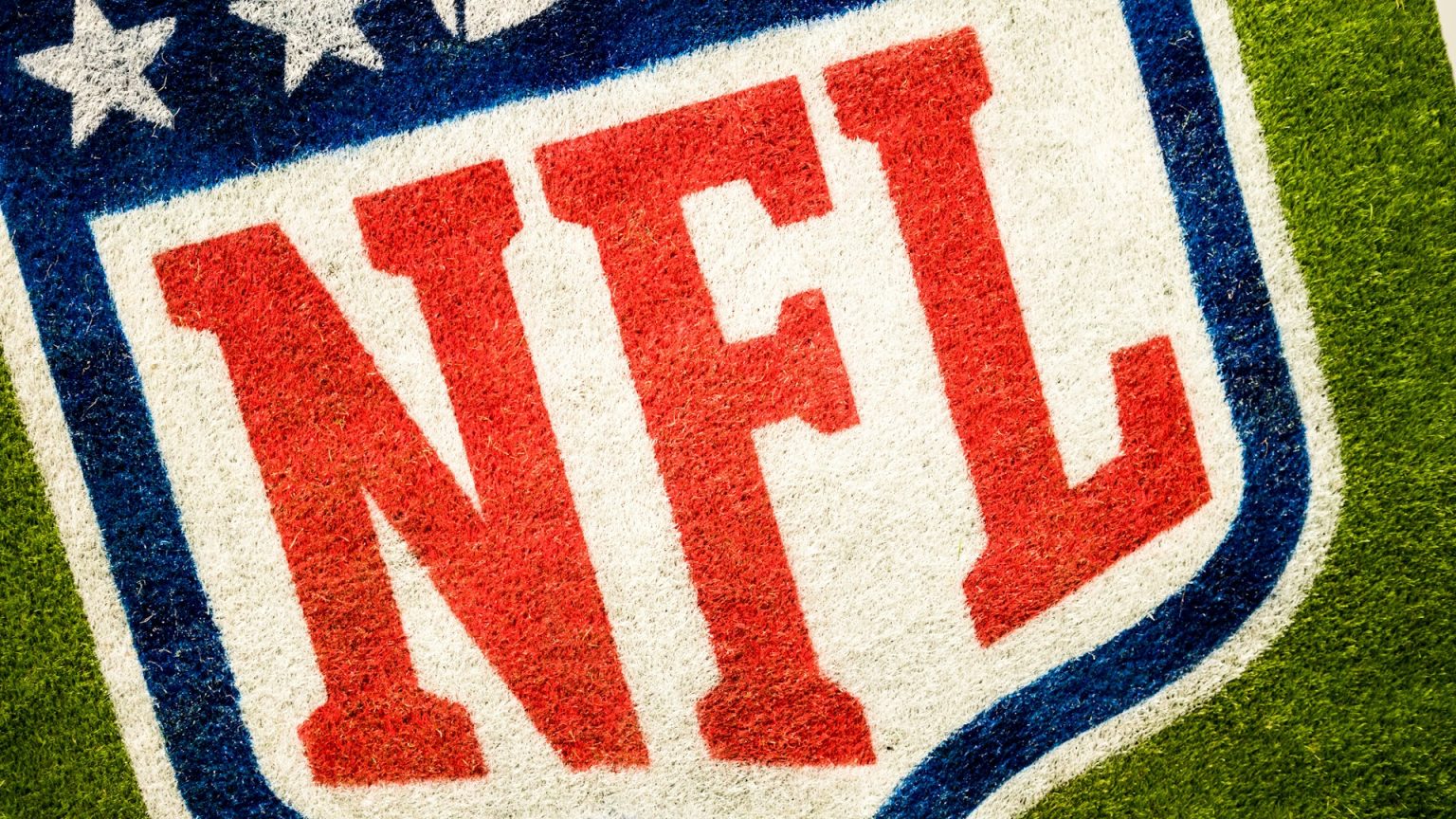The National Football League (NFL) is a dynamic entity, constantly evolving to enhance player safety, improve the fan experience, and refine the integrity of the game. Central to this evolution are the ongoing rule changes implemented by the league. In recent years, the NFL has introduced several amendments aimed at addressing various aspects of gameplay, from player safety to enhancing competitiveness. This article will delve into these recent rule changes, analyzing their implications on gameplay and the broader NFL landscape.
The Evolution of NFL Rules
Throughout its history, the NFL has undergone numerous rule changes to adapt to the changing dynamics of the sport. From the introduction of the forward pass in the early 20th century to the implementation of instant replay in the modern era, rule changes have been instrumental in shaping the game we know today.
In recent years, the focus of rule changes has been primarily on player safety, as concerns over concussions and long-term health effects have come to the forefront. Additionally, there has been a concerted effort to enhance the flow and competitiveness of games, ensuring an entertaining product for fans while maintaining the integrity of the sport.
Analyzing Recent Amendments
Enhanced Protection for Defenseless Players
One significant area of focus for recent rule changes has been the protection of defenseless players, particularly quarterbacks and receivers. Amendments such as the “roughing the passer” rule have been introduced to prevent unnecessary contact with vulnerable players, reducing the risk of injuries such as concussions and ligament damage.
However, the enforcement of these rules has sparked debate among players, coaches, and fans, with some arguing that they inhibit the physicality and aggression that are integral to the sport. Strike a balance between player safety and maintaining the essence of football remains an ongoing challenge for the league.
Kickoff Rule Changes
In an effort to mitigate the risk of high-speed collisions on kickoffs, the NFL has implemented several rule changes in recent years. These changes include adjustments to kickoff formations, such as prohibiting running starts for coverage teams and mandating a minimum number of sbobet88 players on each side of the ball.
While these changes have led to a reduction in kickoff returns and subsequently fewer injuries on such plays, they have also altered the strategic dynamics of the game. Teams must now adapt their special teams tactics to capitalize on these rule changes while minimizing potential drawbacks.
Instant Replay Expansion
The expansion of instant replay has been another significant development in recent NFL rule changes. With advancements in technology, the league has sought to improve the accuracy of officiating decisions by allowing coaches to challenge a wider range of calls, including pass interference and helmet-to-helmet contact.
While the intention behind these changes is to ensure fairness and accuracy in officiating, the increased reliance on replay reviews has also led to longer game stoppages and occasional controversy over subjective calls. Striking a balance between leveraging technology and maintaining the flow of the slot game remains a challenge for the league.
Effects on Gameplay
The implementation of these recent rule changes has had profound effects on gameplay across the NFL. From altering strategic approaches to influencing player behavior, these amendments have reshaped the dynamics of the sport in various ways.
For instance, the emphasis on protecting defenseless players has led to a shift in defensive tactics, with players and coaches adjusting their approach to tackling and pass rushing to avoid penalties. Similarly, the changes to kickoff rules have forced teams to rethink their special teams strategies, leading to fewer explosive returns and more emphasis on field position.
Moreover, the expansion of instant replay has introduced a new layer of complexity to officiating and coaching decisions, as teams must now weigh the potential benefits of challenging a call against the risk of losing a timeout. Additionally, the increased scrutiny on officiating calls has placed added pressure on referees to make accurate decisions in real-time.
Conclusion
In conclusion, recent rule changes in the NFL have had a significant impact on gameplay, from enhancing player safety to altering strategic dynamics on the field. While these amendments have been introduced with the best intentions of improving the sport, they have also sparked debate and controversy among players, coaches, and fans.



